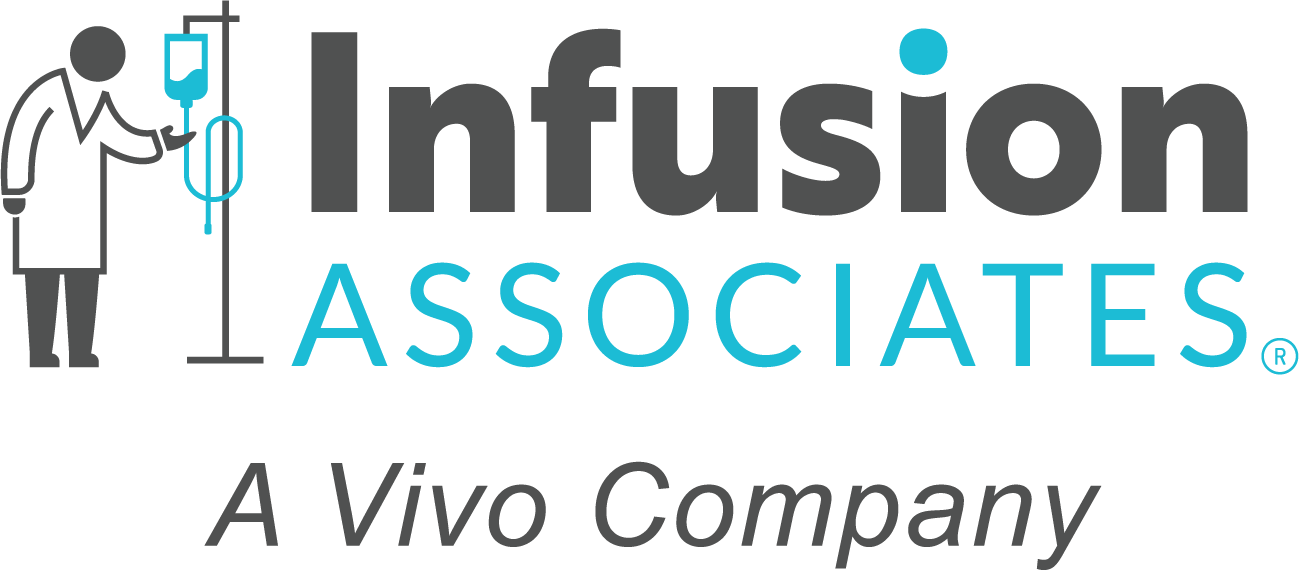If you or someone you love suffers from a health condition that affects how often the urge strikes to have a bowel movement, you understand how frustrating, embarrassing, and isolating it can feel. The few times you dare to venture outside your home, you scan public places for the nearest restroom. Social events may involve awkwardness when you return from an extended trip to the bathroom. Such is the life of a person living with inflammatory bowel disease.
What is Inflammatory Bowel Disease?
Inflammatory bowel disease is an umbrella term that refers to any condition that causes inflammation of the digestive tract. This includes the stomach, small intestine, colon, and rectum. When any of these body parts are inflamed, it disrupts the normal flow of digestion. This can lead to malabsorption of nutrients — and in most severe cases — it could lead to ulcers, intestinal rupture, obstruction, or colon cancer. Symptoms include:
- Bloating
- Abdominal cramps
- Regular urgent needs to have a bowel movement
- Diarrhea
- Blood in stool
- Fever
- Loss of appetite
- Unintended weight loss
- Anemia
Treatment Options for Inflammatory Bowel Disease
The usual form of treatment for inflammatory bowel disease includes prescription anti-inflammatory medications — such as corticosteroids — or immune system suppressors. Which drugs would work best for you depends on the severity of your condition and the portion of the gastrointestinal tract that’s being affected the most.
What is biological therapy treatment?
Biological therapy treatment involves receiving medication through an IV. It’s generally recommended for patients who have not obtained any relief from oral drugs, or for whom taking pills results difficult, uncomfortable, or impossible due to their medical conditions. The most common biologic agents include:
- ENTYVIO® (vedolizumab)
- HUMIRA® (adalimumab)
- REMICADE® (infliximab)
- SIMPONI ARIA® (golimumab)
- STELARA® (ustekinumab)
How Biological Therapy Treatment Works
Biological therapy involves administering medication through an IV that is inserted into your arm. Dosage and length of each treatment depend on your specific circumstances, such as your age, weight, and the severity of your symptoms. One of the biggest benefits of this type of treatment is that since it reaches your bloodstream immediately, you experience relief at a faster rate than from oral medications.
Side Effects of Biological Therapy
- Skin rash
- Loss of appetite
- Swelling at the site where the IV was inserted
- Muscle aches
- Low blood pressure
- Fatigue
- Fever
- Chills
- Nausea
- Vomiting
What to Expect
As soon as you walk through the doors of any of our facilities, you’ll immediately notice that we offer a welcoming and comfortable environment. We provide treatment rooms that are designed to make you feel at home — cozy reclining chairs, blankets, WiFi, hot cocoa, coffee, tea, and water. You are also welcome to bring your refreshments or snacks of choice.
Before starting your first biological therapy session, you’ll meet with one of our healthcare professionals, who will explain the entire process, along with information regarding dosages, length of treatment, and possible side effects. You can also take this time to ask any questions you may have.
If you would like to refer a patient to us or want to inquire about the treatments we offer, you can contact us by calling us at (616) 954-0600 or filling out this form.
